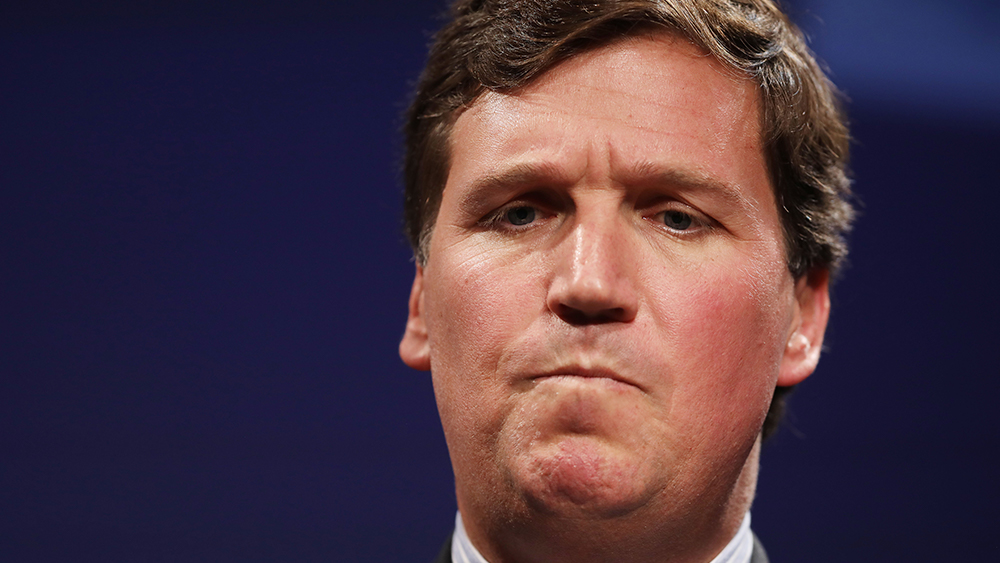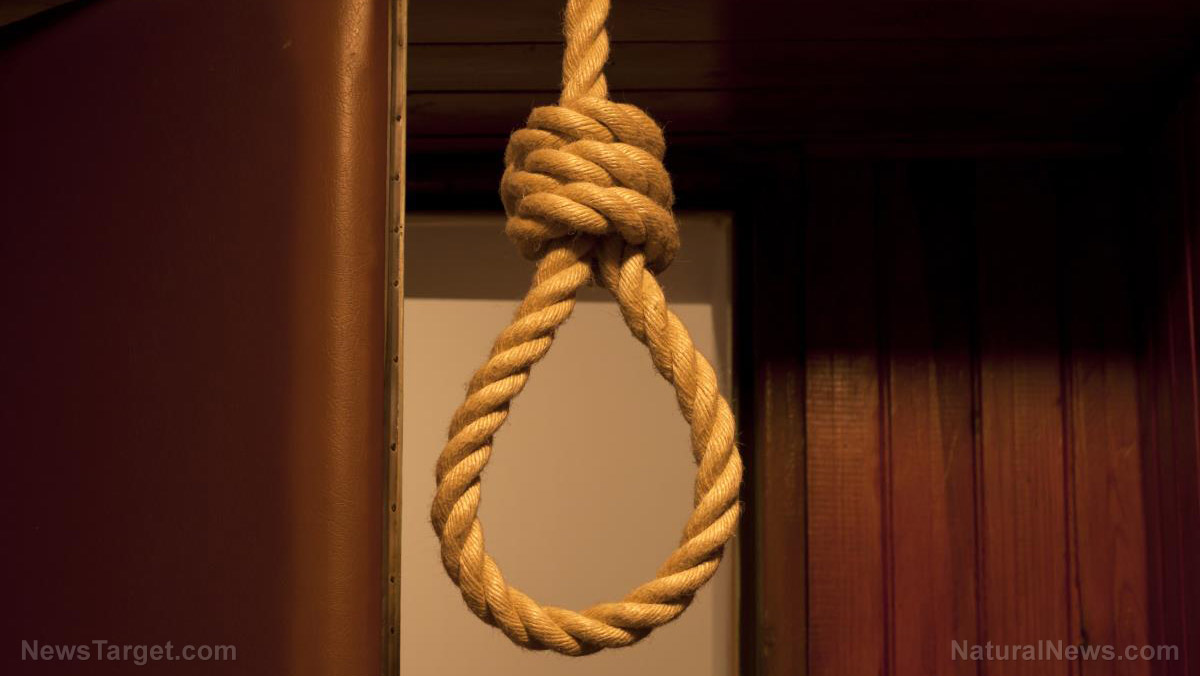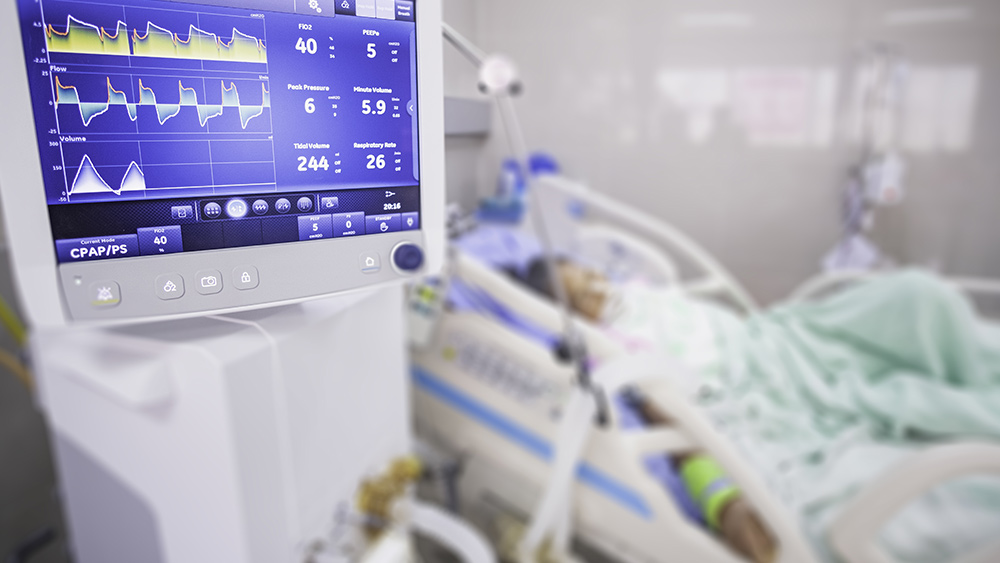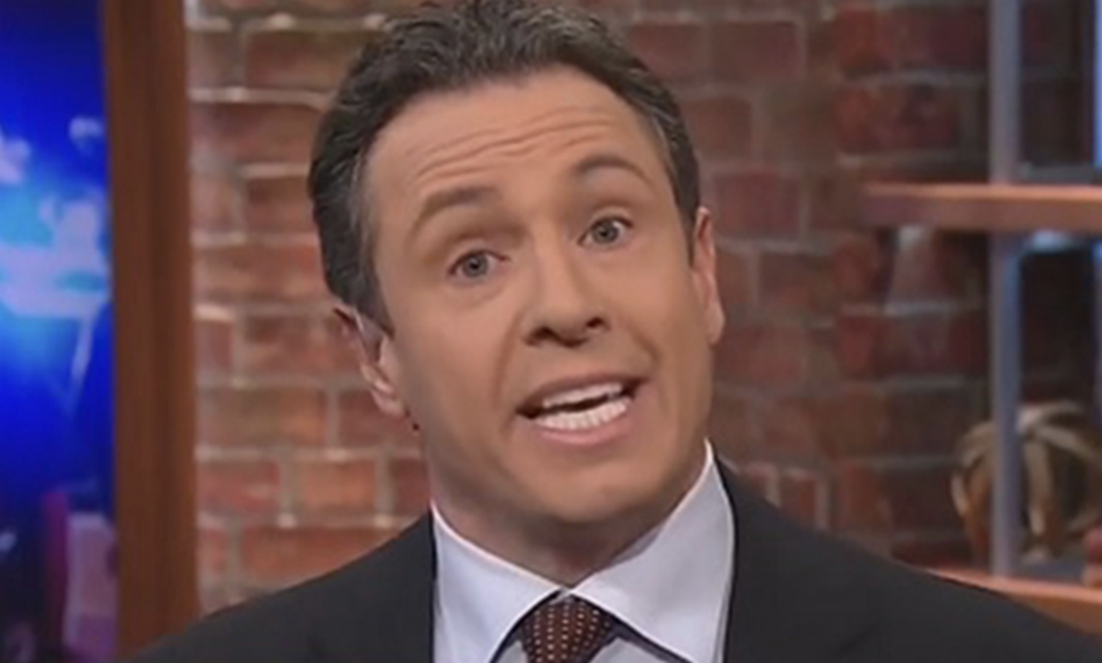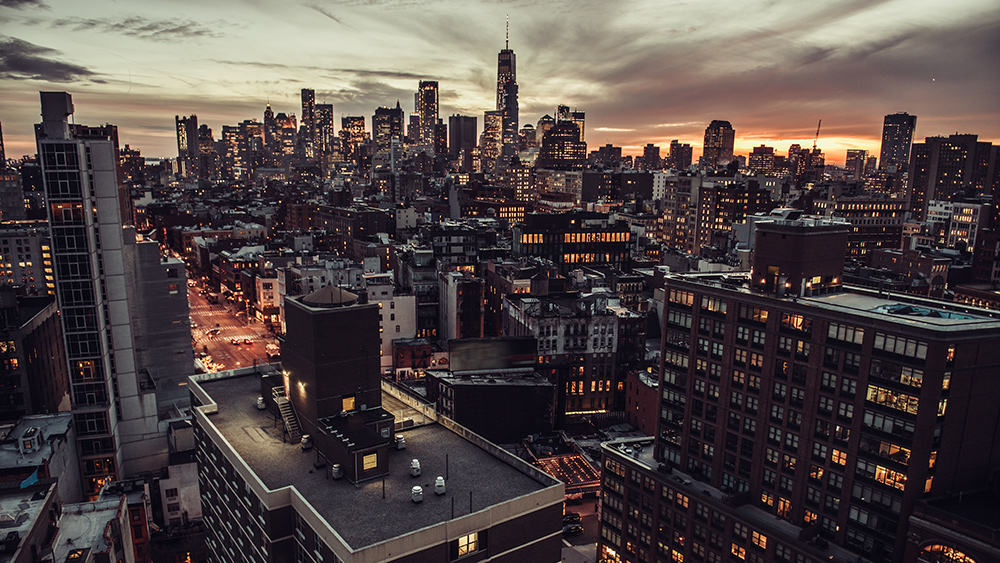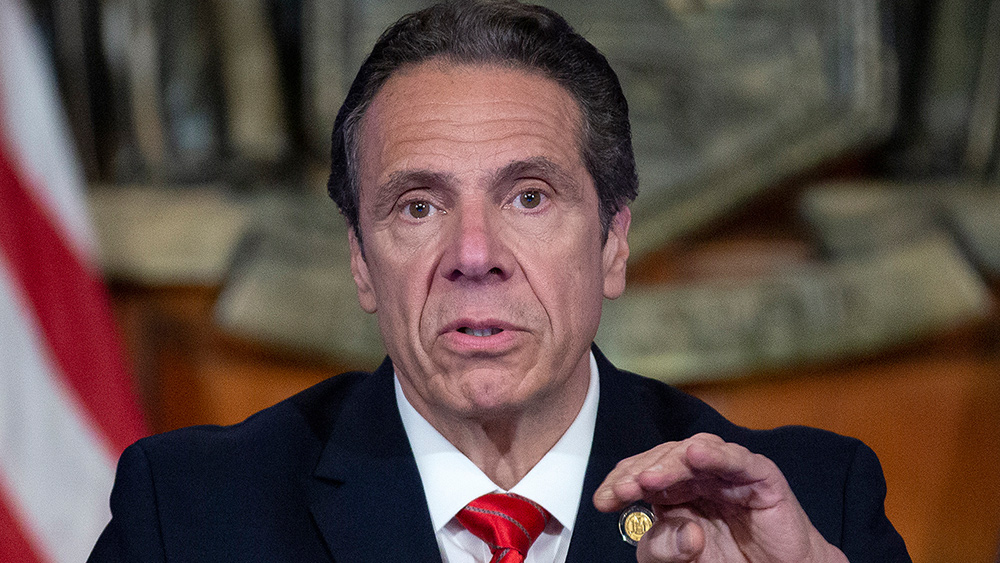
Several months after Gov. Andrew Cuomo rejected calls for tax hikes and begged the rich to return to New York, the governor is now saying that the city has to increase taxes to offset an $8.7 billion deficit caused by the coronavirus (COVID-19) pandemic.
New York will suffer if Congress doesn't help, says Cuomo
On Dec. 9, Cuomo warned that New York would be forced to lay-off thousands of workers, increase taxes, fares, tolls and government borrowing with "devastating" consequences if Congress doesn't help the state.
Democrat Cuomo also said that the state needs to raise taxes even if federal aid was approved to plug its current projected deficit bill of $30 billion for the next two years.
During a briefing with reporters, the governor said that even if Congress lends aid to NY, the state will still need to redo a budget. While there's no question that state taxes have to be raised, Cuomo expressed doubts as to how much taxes will increase.
However, Cuomo and aides didn't clarify where the hikes would hit specifically.
On Friday, Dec. 11, Cuomo joined other Democratic governors who closed down restaurants even though there wasn't enough proof that they're linked to an increase in coronavirus cases. Their shutdowns have affected minorities the hardest and are "increasing economic inequality."
Within the last few weeks, Democratic governors in Michigan, Illinois, Oregon and Washington have also shut down indoor dining. Meanwhile, California Gov. Gavin Newsom has banned outdoor patios in several areas.
On Monday, Dec. 14, Cuomo shut down indoor dining in New York City. State contact tracing data reveals that restaurants and bars account for only 1.4 percent of the virus spread in the state. On the other hand, household gatherings make up nearly a shocking 74 percent of cases.
This makes sense since NY restaurants were limited to 25 percent capacity, but homeowners don't limit capacity in their living rooms when hosting parties.
Restaurants and other small businesses have spent a lot of money to comply with government coronavirus: They purchase personal protective equipment (PPE) for staff and pay for improved ventilation systems. Unfortunately, restaurants and small are being punished because the government can't handle the pandemic while Democratic leaders are trying to act like they're doing something for their constituents.
Illinois House Speaker Michael Madigan recently suggested increasing the state’s flat income tax rate of 4.95 percent. But last November, voters nixed his public-union machine by rejecting a progressive tax referendum.
Cuomo also said that general tax increases "would hurt families and hurt the economy."
A "dramatic shift in tone"
The announcement is a complete about-face for Cuomo since he first opposed suggestions of raising taxes on the state's wealthiest residents, claiming this would "drive billionaires out for good."
Early in 2020, thousands of New Yorkers fled Manhattan and Brooklyn when NY became the "COVID-19 epicenter of the world." Back in May, at least 420,000 of the city's top one to two percent who were responsible for 50 percent of the state's income taxes fled.
NY's richest headed to their second homes in the Hamptons or upstate. Others rented or bought new properties and left their expensive city apartments because they were worried about a tax hike. (Related: New York Exodus: New Yorkers leaving in droves due to crime, overreaching coronavirus restrictions and high taxes.)
In July, New Yorkers joined a "March on Billionaires" where participants bore placards telling Cuomo to "tax the rich."
Even Democrat Alexandria Ocasio-Cortez, who represents parts of the Bronx and Queens, took to Twitter to encourage Cuomo to pass a billionaire's tax.
https://twitter.com/MaketheRoadNY/status/1283726911307489283
However, by August Cuomo was asking wealthy New Yorkers to return to the city to "save it" from economic ruin while disagreeing with other lawmakers who wanted to raise the taxes. At a press conference, Cuomo explained that he was constantly encouraging wealthy NY residents to return, even joking that he also offered to cook for them and buy them a drink.
Yet Cuomo is now asking the federal government to send more help to various states, but his request remains unfulfilled while lawmakers struggle to "find common ground on a stimulus package."
"Tax the rich"
Ocasio-Cortez is also asking voters to pressure both Cuomo and state lawmakers to approve at least $50 billion in tax hikes on the wealthy to prevent deep service cuts to schools and the needy. Doing so can also help offset huge projected deficits due to the coronavirus pandemic.
Back in April, state lawmakers adopted a $178 billion budget that required additional federal aid that has yet to materialize. In October, New York state’s budget office estimated that the COVID-19 pandemic accounts for a $13.5 billion drop in state revenue from its February projections.
New York is projecting an $8.7 billion deficit for the fiscal year that starts on April 1. But according to David Friedfel, director of state studies for the Citizens Budget Commission, a fiscal watchdog group, that figure could almost double since it suggests that NY will find $8 billion in recurring savings in its current fiscal year.
About 50 percent of New York's revenue comes from its personal income tax, which is slated to bring in an estimated $60 billion before refunds in both the current and upcoming fiscal years based on budget documents.
In a statement, Senate Minority Leader Robert said that New York is one of the highest taxed states in the nation. Ortt, a Republican from Niagara County, explained that increasing taxes will "result in the continuation of the exodus" from the state.
Michael Kink, executive director of Strong Economy for All, a coalition of labor unions, commented that Cuomo needs to take "an all-of-the-above approach" to increasing revenue before approving to cuts.
Kink added that Cuomo "has landed firmly in reality." He noted that while tax hikes on New York's wealthiest, on Wall Street and big corporations are crucial to resolving the budget crisis, federal funding can help and that NY still needs "real relief" to address its deficit.
Visit Pandemic.news to learn how other stares are faring amid the coronavirus pandemic.
Sources include:
Please contact us for more information.









